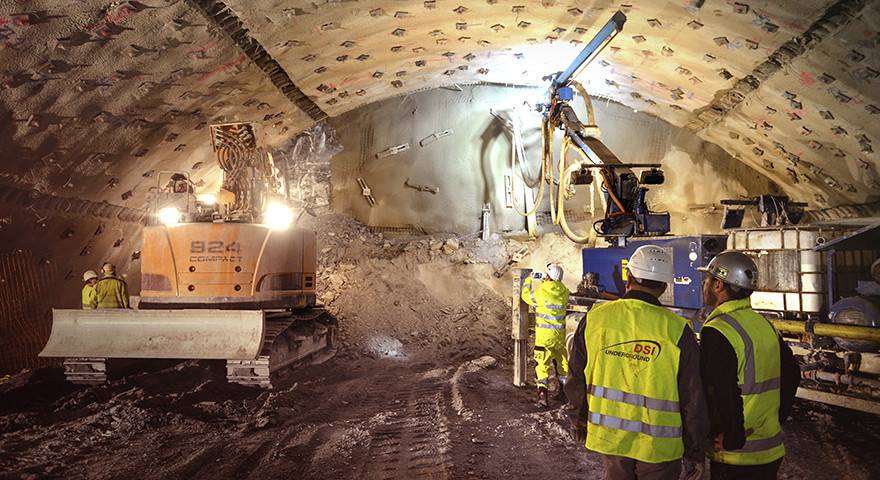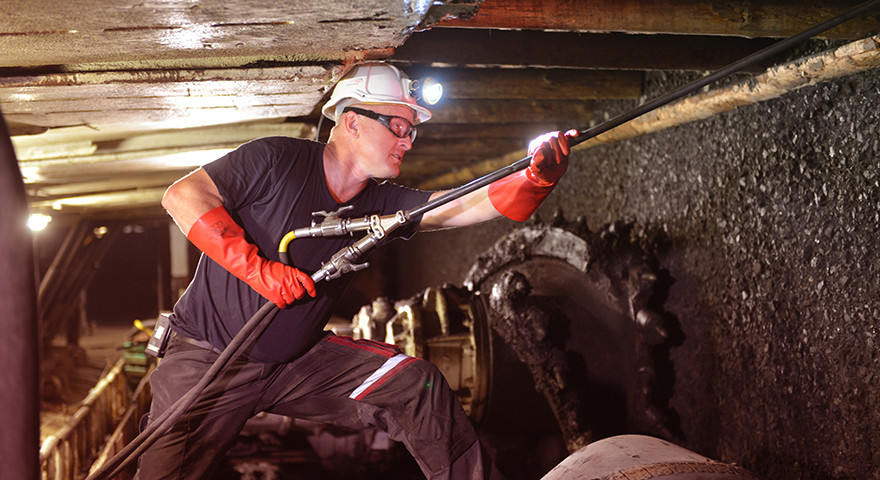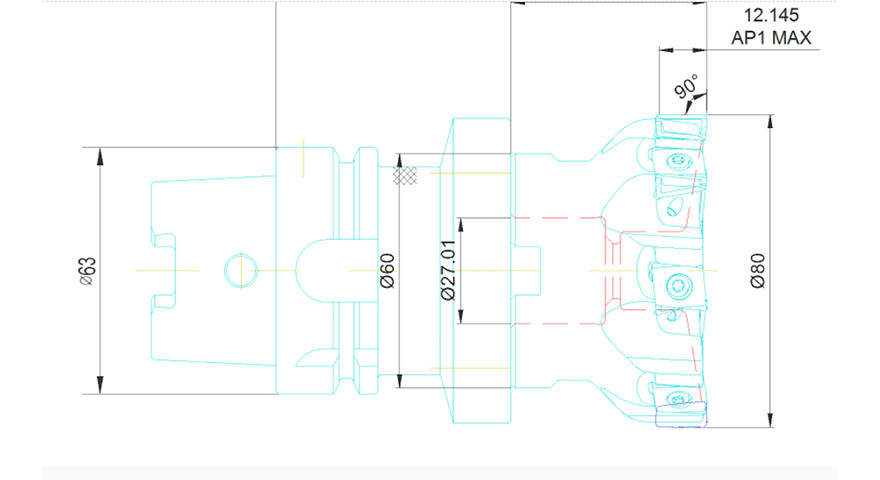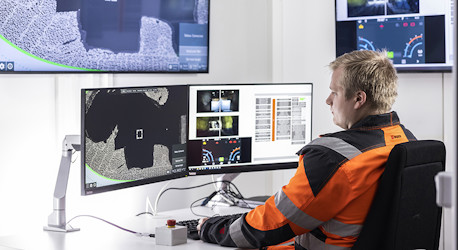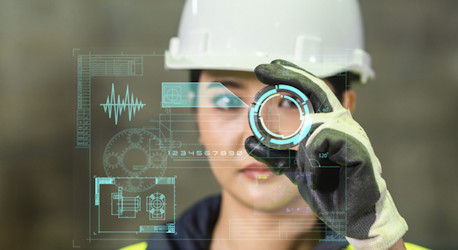How AI is transforming factories
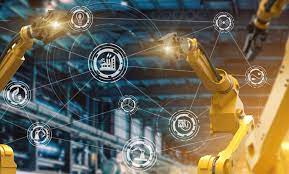
How AI is Transforming Factories
In the ever-evolving landscape of technology, Artificial Intelligence (AI) has emerged as a game-changer in various industries. One such domain where AI is making significant strides is the manufacturing sector. Factories, once known for their repetitive and labor-intensive processes, are now undergoing a radical transformation, thanks to the integration of AI. This transformation is not only improving efficiency but also revolutionizing the way products are designed, produced, and delivered. In this post, we will delve into how AI is transforming factories and shaping the future of manufacturing.
Smart Manufacturing
AI-driven technologies are ushering in the era of smart manufacturing. These systems utilize advanced sensors and data analytics to optimize every aspect of production. Through the Internet of Things (IoT), machines in factories are interconnected, allowing real-time monitoring and control. This connectivity ensures that production processes are agile and can adapt to changing demands swiftly.
For instance, predictive maintenance powered by AI can anticipate when a machine is likely to fail and schedule maintenance proactively, reducing downtime. This predictive capability not only saves time but also cuts maintenance costs significantly.
Enhanced Quality Control
Quality control is paramount in manufacturing, and AI is enhancing this aspect dramatically. Computer vision, a branch of AI, enables machines to inspect products with precision and speed that surpasses human capabilities. Cameras and sensors can detect even the slightest defects, ensuring that only top-quality products reach consumers.
Furthermore, AI can analyze vast amounts of data from various stages of production to identify patterns and deviations. This proactive approach to quality control prevents defects at the source, reducing waste and the need for costly rework.
Supply Chain Optimization
The supply chain is the lifeline of manufacturing, and AI is optimizing it in remarkable ways. Machine learning algorithms are used to forecast demand accurately, allowing manufacturers to streamline inventory management and reduce overstocking or understocking issues. This results in cost savings and improved customer satisfaction.
Additionally, AI-driven logistics and route optimization ensure that products are delivered efficiently, reducing transportation costs and environmental impact.
Customization and Personalization
Gone are the days of mass production. AI is enabling the customization and personalization of products on a large scale. Through data analysis and machine learning, manufacturers can understand consumer preferences and tailor their products accordingly. This not only meets individual customer needs but also fosters brand loyalty.
For example, in the textile industry, AI-powered machines can create custom clothing based on a customer’s specific measurements and style preferences. This level of personalization was unimaginable in traditional manufacturing.
Conclusion
The integration of AI into factories is revolutionizing the manufacturing sector. It’s not just about automation; it’s about creating smarter, more efficient, and more adaptable manufacturing processes. From improving quality control to optimizing the supply chain and enabling product customization, AI is driving innovation at every level of manufacturing. As factories continue to embrace AI technologies, we can expect even more remarkable transformations in the years to come. The future of manufacturing is here, and it’s intelligent.

